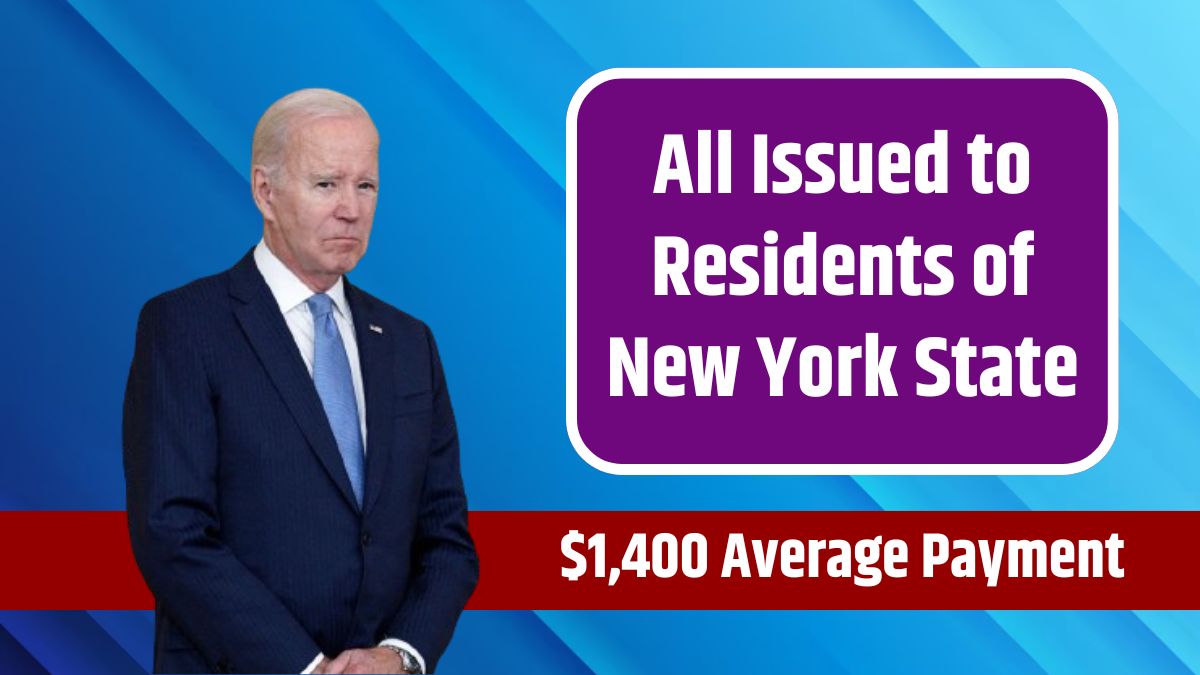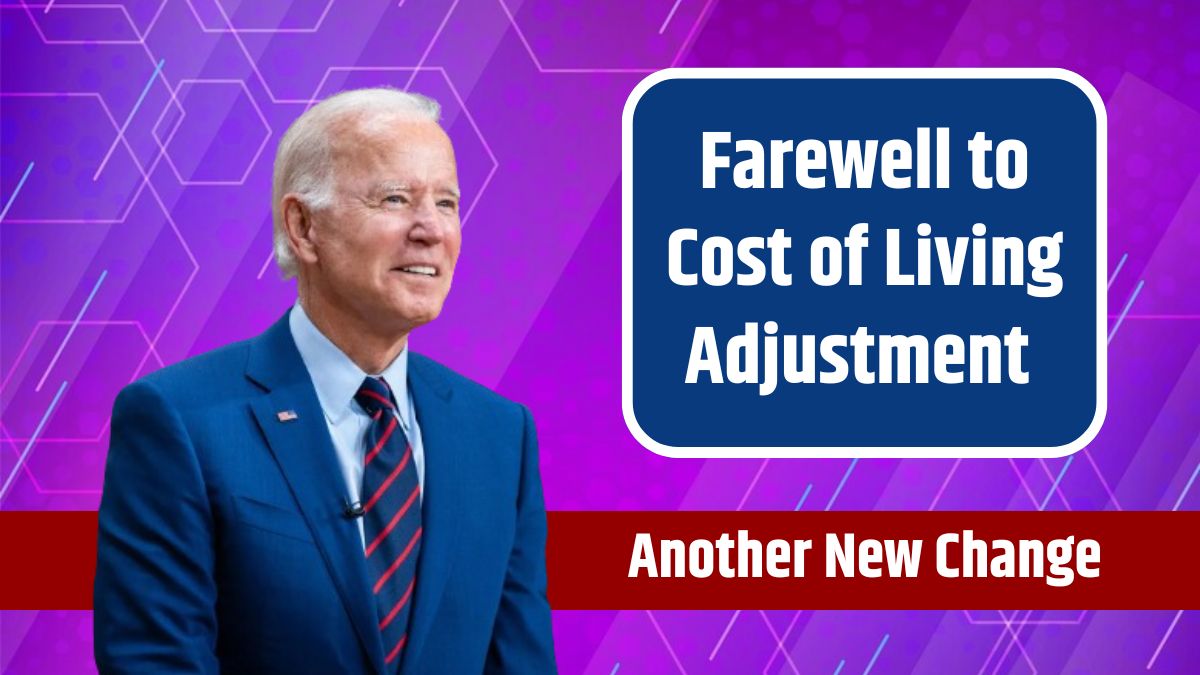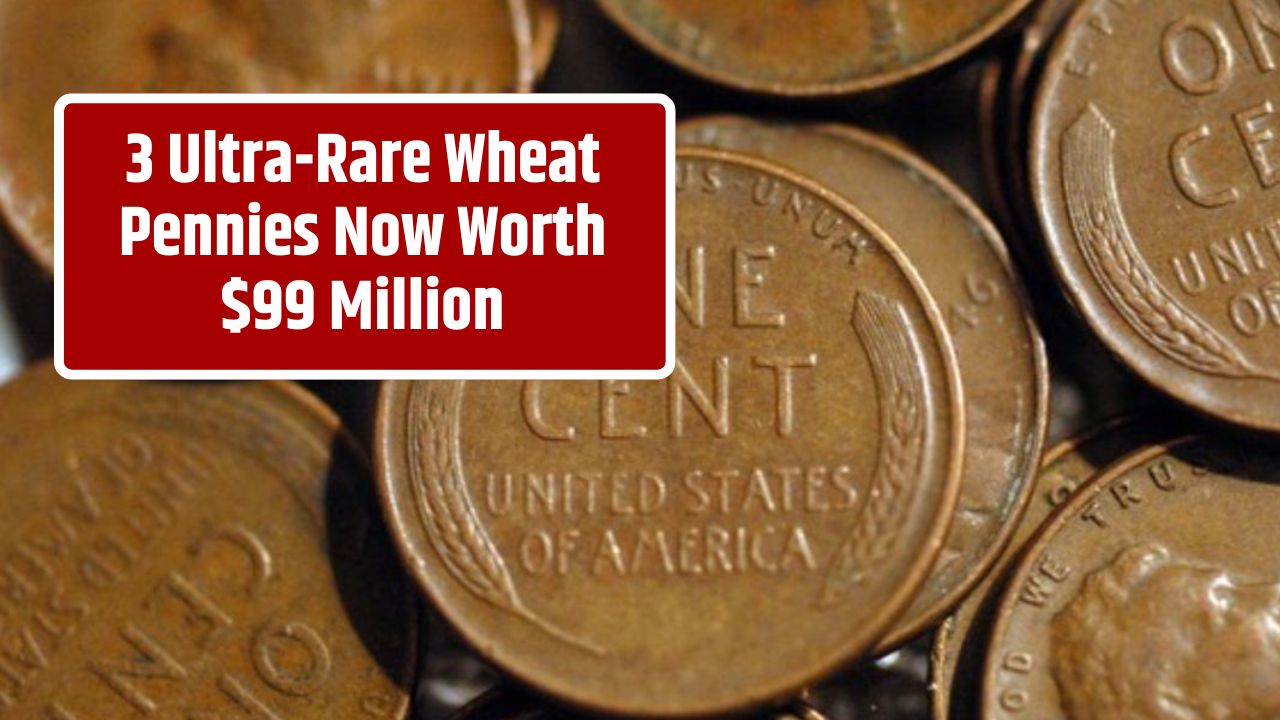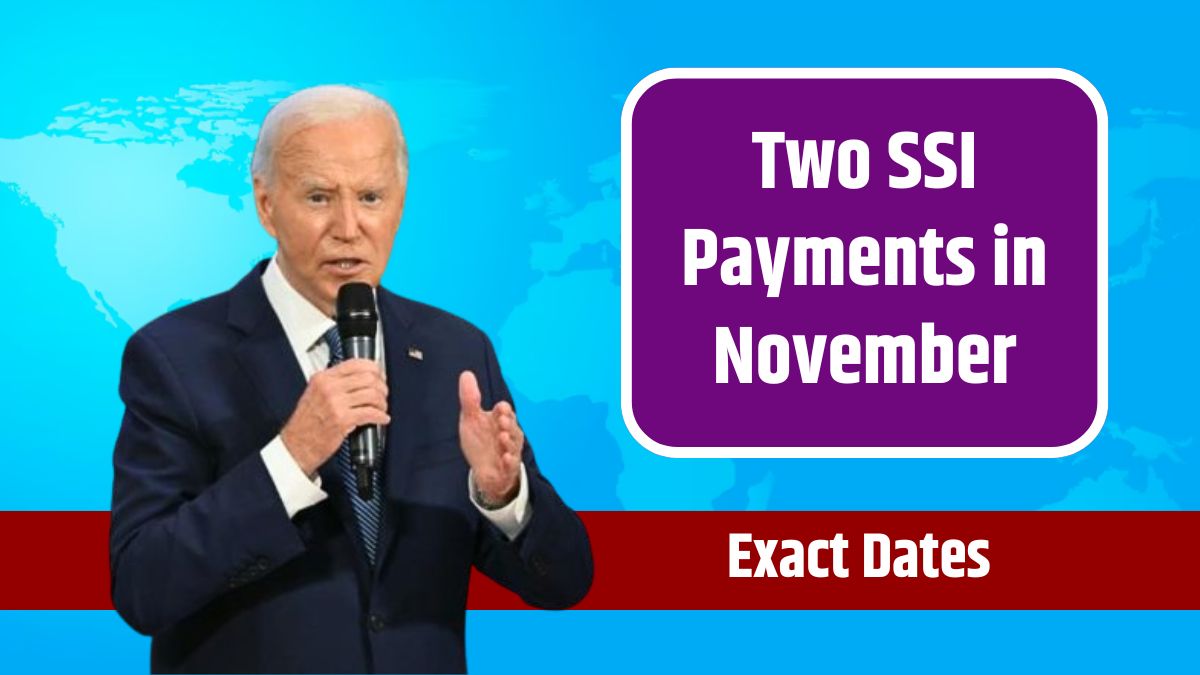The UK’s Personal Independence Payment (PIP) program plays a vital role in supporting individuals with long-term health conditions or disabilities. As the cost of living continues to rise, recent changes to the PIP benefit are designed to better support recipients.
In 2024, the Department for Work and Pensions (DWP) has announced important updates, including a significant rate increase and new payment provisions. Here’s everything you need to know about the changes, eligibility requirements, and how to apply.
PIP Overview
PIP is a financial aid program in the UK aimed at helping people who struggle with daily living and mobility due to a long-term illness or disability. The payment is not means-tested, so it doesn’t depend on your income or savings, and it is also tax-free. The 2024 updates have increased the benefit rates by 6.7%, aligning with inflation and the cost-of-living adjustments under the triple lock system.
Starting from April 2024, PIP rates will range from £28.70 to £184.30 per week, depending on the individual’s assessed needs. Payments will continue on a weekly basis and are expected to benefit approximately three million people across the UK.
Eligibility
To qualify for PIP, certain criteria need to be met:
- Health Condition: The applicant must have a physical or mental health condition or disability that significantly affects daily living or mobility.
- Duration Requirement: The condition should have affected the individual for at least three months, and it should be expected to last for at least nine more months.
- Residency Status: The applicant must be a UK citizen or permanent resident.
- Age Limit: PIP is available for individuals aged 16 or older.
PIP is divided into two main components:
- Daily Living Component: This part covers everyday tasks such as personal hygiene, meal preparation, and communication.
- Mobility Component: This helps those who struggle with moving around or traveling outside the home.
Claimants can qualify for either or both components depending on their level of need.
£5000 PIP Payments
In 2024, the PIP annual payment could range between £5,000 and £11,000 due to the increased weekly rates. Some claimants may also receive backdated payments, as the DWP has been reaching out to recipients to inform them of underpayments. These backdated amounts aim to cover any missed payments from previous years, offering additional financial relief to beneficiaries.
The PIP rate increase aligns with other benefit adjustments, including a 6.7% rise in retirement pension allowances for the year, reflecting the government’s response to the growing economic pressures on vulnerable individuals.
New Provisions
Under the updated provisions, PIP will only be available to those who previously received Disability Living Allowance (DLA), which has been fully replaced by PIP since 2013. This means new applicants who qualify must submit a claim through the PIP portal.
To support individuals with severe disabilities, the allowance is divided into two sections:
- Daily Living Part: Designed for those who need assistance with daily tasks such as dressing, bathing, and eating.
- Mobility Part: Available for those who struggle with physical movement or need help getting around.
Eligibility for PIP is determined based on the level of disability, and applicants must provide evidence, such as a doctor’s certificate, to support their claim.
Application Process
To apply for PIP, follow these steps:
- Visit the DWP Portal: Access the official DWP website and locate the PIP application form.
- Complete the Form: Fill out the form with accurate information, including details of your health condition and its impact on daily activities.
- Submit Evidence: Include medical evidence and any other supporting documents, such as a doctor’s certificate or a statement from a healthcare professional.
- Await Decision: The DWP will review the application and may schedule an assessment to better understand the claimant’s needs.
ESA
For those unable to work due to a disability, the Employment and Support Allowance (ESA) may also be available. To qualify, claimants usually need to have made sufficient National Insurance contributions within the last three to five years. ESA serves as an additional benefit to PIP and can help cover living costs for those unable to engage in full-time employment.
PIP is an essential lifeline for many, but it’s important to understand that simply having a disability doesn’t guarantee automatic approval. Applicants must provide sufficient evidence to demonstrate their need for financial assistance.
The 2024 changes to PIP aim to provide better support to individuals with disabilities, especially as the cost of living continues to rise. Addressing the eligibility criteria and payment changes can help you navigate the process more smoothly and make informed financial plans.
FAQs
What are the new PIP rates for 2024?
The weekly rates range from £28.70 to £184.30, depending on the claimant’s assessed needs.
How do I qualify for PIP?
You need a long-term health condition, be aged 16 or older, and reside in the UK.
What is the purpose of the PIP payment increase?
The 6.7% increase aims to align with inflation and rising living costs.
Can I receive backdated PIP payments?
Yes, the DWP may provide backdated payments if past underpayments are identified.
Is PIP a means-tested benefit?
No, PIP is not affected by your income or savings.






















